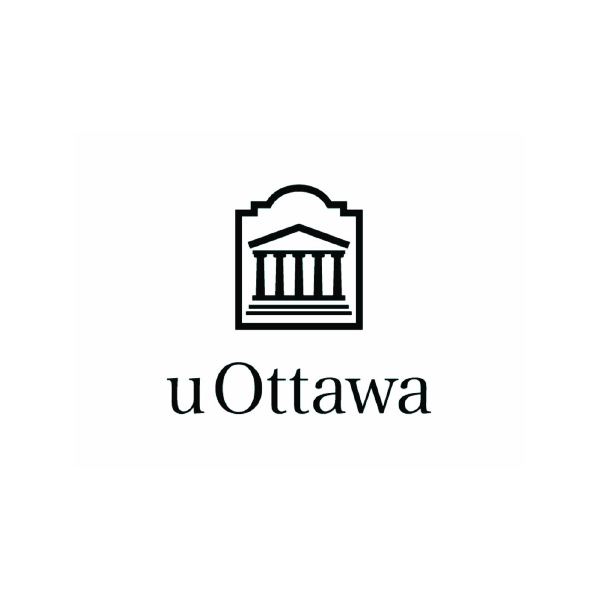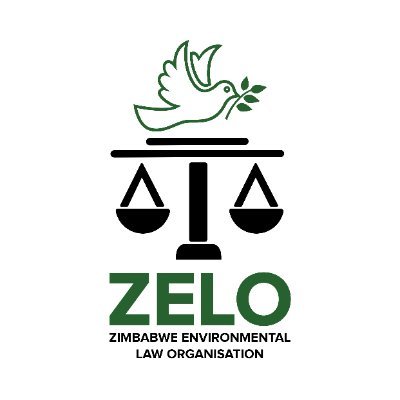PROJECT
The African Extractivism and the Green Transition Partnership is designed to support several mutually-reinforcing activities, including cross-country research collaborations, coordinated knowledge mobilization (KMb) activities, and capacity-building involving the training and mentoring of emerging scholars, graduate students and civil society researchers. The Partnership’s approach is international and multidisciplinary, built on a tripartite alliance of two Canadian University partners, four African “core” partners who will anchor the project in the four African countries, and three “thematic” partners.

York University, the host institution, has internationally recognised research expertise in natural resources governance, social justice and political economy, and an abundance of institutional experience in organizing and coordinating international research. Linkages with other research institutions, communities, business and political decision-makers is a keystone of York’s outreach and KMb strategy. The Extractive Industries Research Group, a York-based international consortium of researchers and advocacy groups working on minerals, oil and gas, whose membership spans five continents, was led by Dr. David Szablowski, and included the Canadian members of the project team (Huggins, Ovadia, Saunders, and Zalik). Dr. Richard Saunders (Project Director) has worked with several of the African partners in training and research collaborations funded by SSHRC, United Nations Research Institute for Social Development, the European Union, and several international NGO and philanthropic organizations.

The University of Ottawa is a bilingual, research-intensive institution with a high proportion of international students and a global outlook. The School of International Development and Global Studies (SIDGS) is Canada’s largest academic unit specializing in international development and is one of few with a doctoral program. Co-Applicant Dr. Chris Huggins joined SIDGS in 2016. SIDGS has strong links to East Africa, for example through an institutional agreement with Kenyatta University in Kenya which resulted in an annual “field research course” in Kenya involving Canadian and Kenyan students. Dr. Huggins is a Principal Researcher at the Centre for International Policy Studies, a co-coordinator of the International Political Economy Network, and a member of the Interdisciplinary Research Group on Territories of Extractivism, all of which are based at the University of Ottawa.

Centre d'Expertise en Gestion Minière (CEGEMI) is an academic research centre based at the Université Catholique de Bukavu. CEGEMI was established to examine the governance of mineral resources in South Kivu, as well as the whole of the Democratic Republic of the Congo. Research and training are CEGEMI’s core activities. CEGEMI’s researchers have published extensively (http://cegemi.com/index.php/publications/) and participated in several projects which complement the Partnership’s research priorities, including mining taxation, ASM livelihoods, mine subcontracting, and ethical supply-chain initiative.

The Southern African Institute for Policy and Research (SAIPAR) is an independent research and educational centre based in Lusaka, Zambia. SAIPAR was established in 2006 to contribute to improved policy making, research capacity, and governance in Zambia and the region of Southern Africa. SAIPAR has led interdisciplinary research projects on state regulatory capacity, the political economy of resource extraction, and the financialization of the copper value chain, with funding from a variety of agencies including the African Developmental Bank, the Department for International Development (UK), the World Bank and the International Finance Corporation. SAIPAR has also undertaken contracted research for the Zambian government, including the Ministry of Mines. SAIPAR also manages extensive KMb activities, including the publication of two open access scholarly publications and two online legal and economic databases, and the organization of public seminars, capacity building initiatives, and training and mentoring of doctoral and emerging scholars.

The Zimbabwe Environmental Law Organization (ZELO) is a public interest environmental organization based in Zimbabwe. ZELO promotes environmental justice, sustainable and equitable use of natural resources, and democratic resource governance. It pursues these objectives through legal and policy research, advocacy, impact litigation, conflict resolution, civic education, training programs and a robust publishing arm. ZELO participates in the Kimberley Process Certification Scheme as the country Focal Point representative; provides technical support to several government agencies on the mining sector; works with local mining-affected communities around taxation, participation and other benefits-sharing rights and options; and links with regional and continental bodies around the African Mining Vision, mining policy reform and regional advocacy initiatives. Since 2012, ZELO has hosted an annual national meeting of ASM and other public and private mining stakeholders, the Zimbabwe Alternative Mining Indaba, and co-organized the African Alternative Mining Indaba, the leading annual continental forum for ASM and mining communities.

The Institute of Resource Assessment (IRA) at the University of Dar es Salaam is one of Tanzania’s oldest applied research institutions in the field of natural resource management and development planning. It was originally established in 1967 as the Bureau of Resource Assessment and Land Use Planning (BRALUP), with the primary mandate of supporting the Tanzanian government in land use assessment and management during the implementation of the country’s Ujamaa (African socialism)development policies. Through BRALUP, the Institute played a pivotal role in informing village settlement schemes, rural planning, and resource allocation strategies in the early post-independence period.
In 1982, BRALUP wasrestructured into the Institute of Resource Assessment (IRA), expanding itsresearch scope to address emerging challenges related to natural resourcegovernance, environmental management, and sustainable development. Today, IRAis internationally recognized for its interdisciplinary research and policyengagement on climate change,natural resource assessment and management, environmental impactassessment, and related policyassessment. Italso offers postgraduate training on natural resource assessment, climatechange and sustainable development.
The IRA has extensive experience in organizing and coordinating international conferences, research and development projects and has managed numerous national and international research projects, with funding from organizations such as NORAD, NORHED, DANIDA,UNDP, IDRC, SIDA, the European Union, GIZ, and the World Bank. IRA maintains active collaborations with academic institutions, government bodies, NGOs, and community organizations, ensuring that its research is both locally grounded and policy-relevant.

Southern Africa Resource Watch (SARWatch) was founded in 2007 as a project within the Open Society Initiative for Southern Africa and subsequently transformed into an independent watchdog organization in 2018. SARWatch publishes several widely-accessible research reports and policy briefings (https://www.sarwatch.co.za/publications/) on themes including mining taxation, ASM livelihoods and local content policies. The organization has invested significantly in regional capacity-building initiatives for mining-affected communities and advocacy campaigns

The Intergovernmental Forum on Mining, Minerals, Metals and Sustainable Development (IGF) is a voluntary initiative supporting 79 countries committed to leveraging mining for sustainable development. The Tanzanian and Zambian governments are among its members. IGF advises member governments and collaborates with several multilateral partners, including international financial institutions, regional bodies, and United Nations’ organizations, and cooperates with university, NGOs and other research institutions around research sharing and policy advocacy. ASM governance, local content policies, and combating tax base erosion and profit shifting are among IGF’s key areas of policy engagement.

The Training and Research Support Centre (TARSC) is a Zimbabwean NGO which provides training, engages in advocacy, and conducts research on public health, the social determinants of health, and health policies in East and Southern Africa. TARSC serves as the secretariat for the Regional Network for Equity in Health in East and Southern Africa, a network of organizations, practitioners and activists across 16 countries, committed to advancing equity, social justice, and the right to health. TARSC brings to the Partnership its extensive regional expertise and advocacy networks focused on the relationship between extractives, and health and health financing.